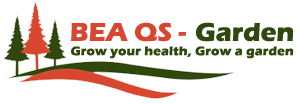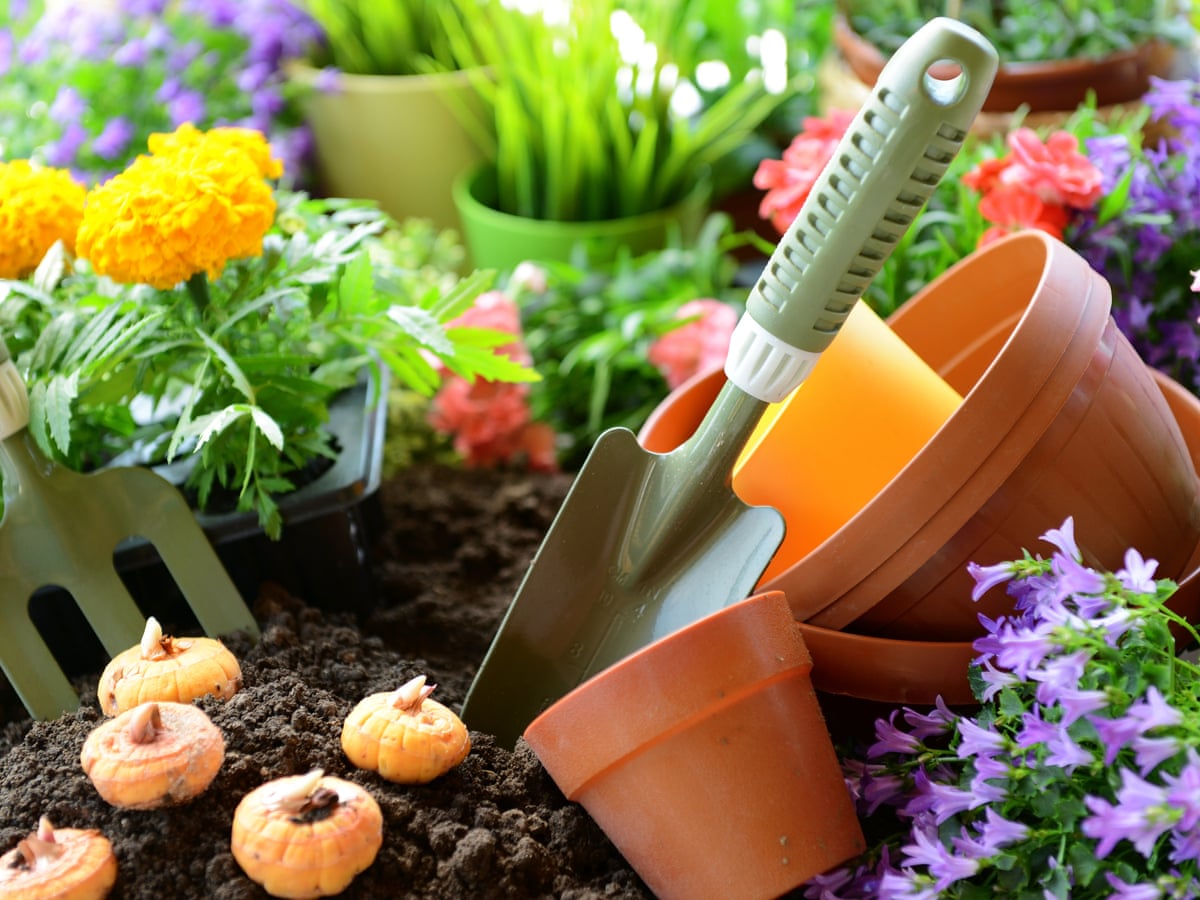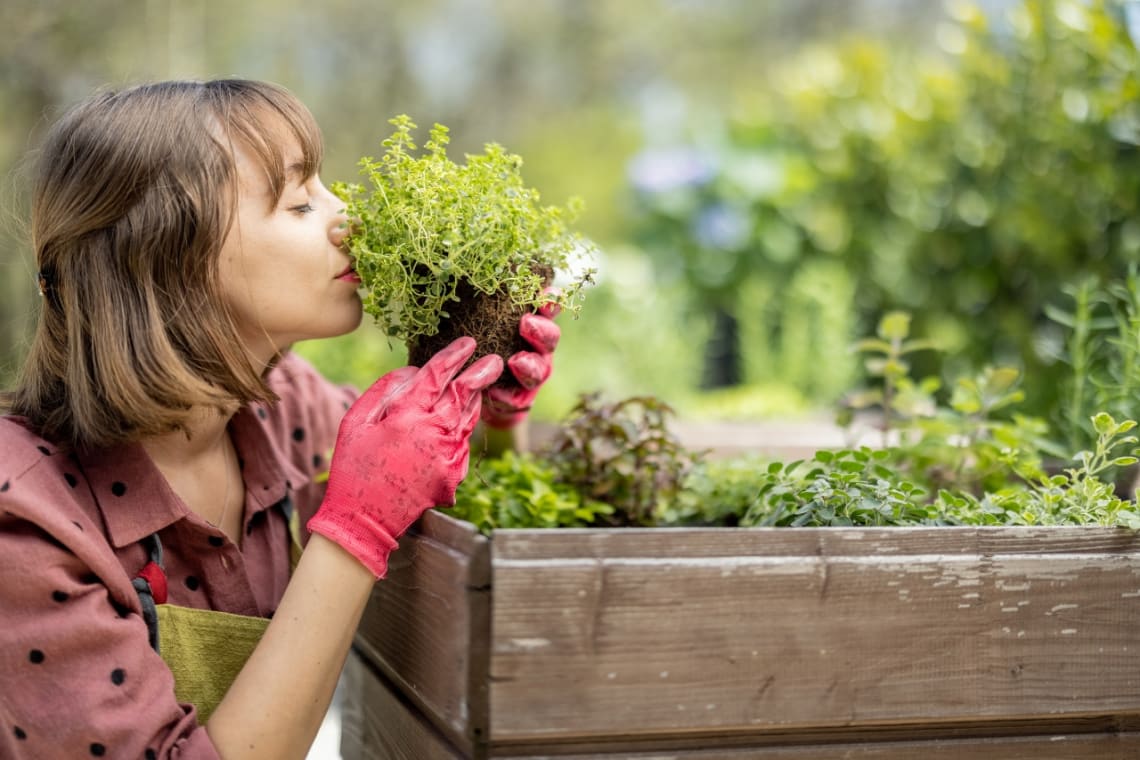Many people enjoy getting their hands dirty in the garden. There’s nothing quite like growing your own flowers, fruits, and vegetables, and it’s easy to do with the right information, like that found in this article. Even if you don’t have a large yard, even small spaces like balconies can provide enough space for a surprising amount of plants.
Planting a bare-root rose. Bare-root roses are best planted at the beginning of their dormant period to lessen the shock of transplanting. If the roots look dry, soak them in a bucket of water for a few hours before planting. Remove diseased or damaged stems, and trim any thick roots by a third. Place the rose in a freshly dug hole, spreading out the roots and checking that the bud union is slightly above ground level. Backfill with soil and water thoroughly.
Use both well-matured compost and mulch in your garden. Compost will naturally help plants grow faster, taller, and healthier, and increase the yield of your vegetables. Mulch helps prevent the growth of weeds. Mulch also shades the ground around the roots of your plants, protecting them from heat and conserving water.
Take the time to know your soil. Get it analyzed. This will let you know what is in your soil and in what areas the soil may be deficient. You can then buy the missing nutrients to add into your soil which will help maximize your crops! Many local universities that have agriculture departments have the ability to test your soil for a small fee.
It is important that you not forget to water your garden on a regular basis, especially when it is hot. If your plants do not get enough water, roots stay near the surface which can kill your plants or cause them to take even longer to grow. About an inch of water a week is sufficient.
Always read the product label before using garden chemicals and store the chemicals in a safe place out of the reach of children and pets. Garden chemicals like pesticides and fertilizers can be very toxic to humans, so make sure you are aware of any extra precautions you need to take when using, storing and disposing of the products.
Plant self-seeding flowers. Let your flowers do the work of re-stocking the garden for you. If you allow your flowers to go to seed, the following year you will have new seedlings popping up everywhere. If things get too crowded, or if plants appear in the wrong place, simply thin them out. Good self-seeders are alyssum, bellflower, forget-me-not, poppy and columbine.
Dish washing soap can repel insects. If you find insects ravaging your garden, fill a spray bottle with water and add a squirt of dish soap. Spray the foliage of your plants and watch the insects flee. They will leave your garden alone until the soap washes away. Simply reapply as needed.
You don’t need a green thumb or lots of land to be a gardener. Whether you want the satisfaction of growing your own delicious vegetables in the garden, or having the prettiest roses on the block, these great hints can help you to succeed.





